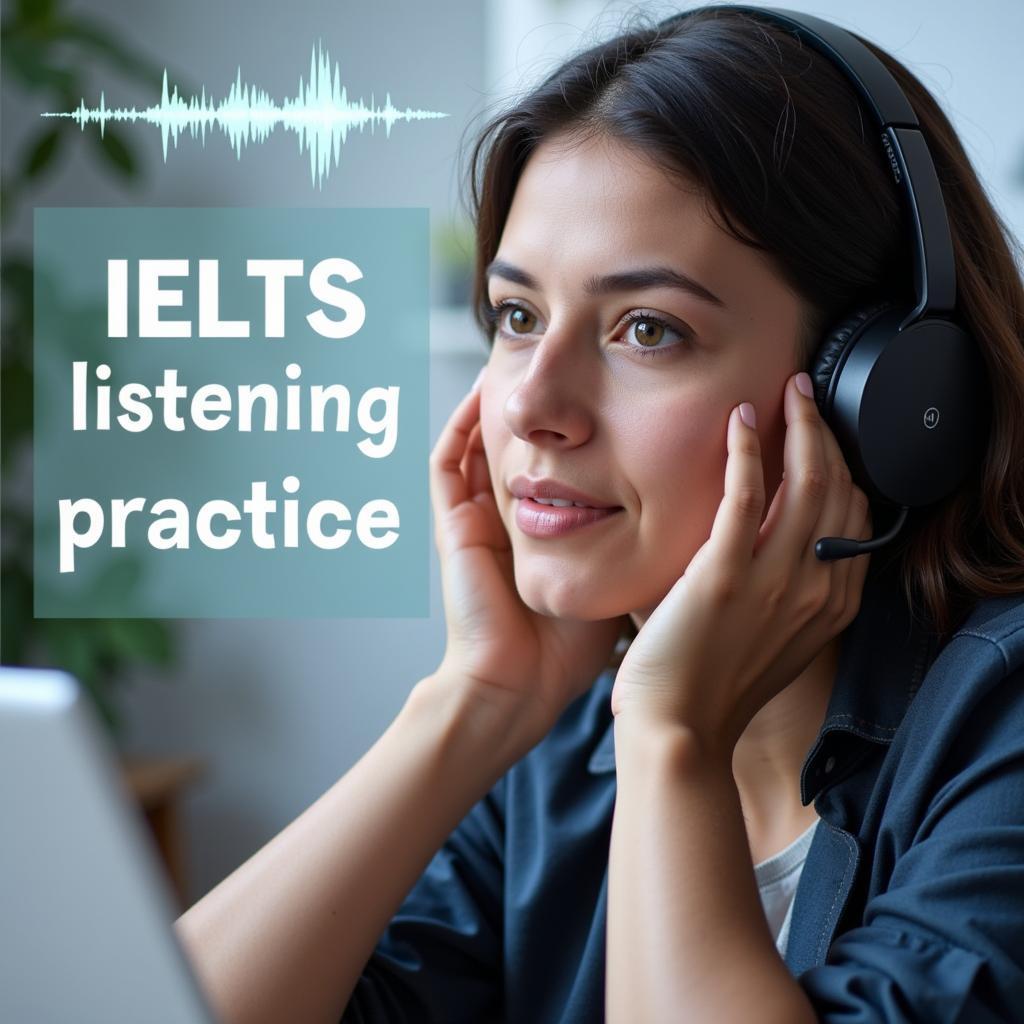As an experienced IELTS instructor, I’ve observed that listening speed is often the biggest challenge for test-takers. Many students struggle to keep up with native speakers’ natural pace, resulting in missed information and lower scores. This comprehensive guide will help you develop effective strategies to enhance your listening speed and accuracy.
Understanding the IELTS Listening Challenge
The IELTS listening test requires processing information quickly while maintaining accuracy. How IELTS listening score is calculated depends not just on correct answers, but also on your ability to follow conversations at natural speed.

Common Speed-Related Difficulties
- Processing information while taking notes
- Following fast-paced dialogues
- Managing multiple speakers
- Dealing with different accents
- Handling complex vocabulary in real-time
Essential Strategies for Improving Listening Speed
1. Develop Efficient Note-Taking Techniques
How to improve note-taking speed during IELTS listening is crucial for success. Focus on:
- Using abbreviations and symbols
- Writing key words only
- Developing personal shorthand
- Practicing split attention
2. Train Your Ear with Varied Accents
Practicing listening with varied accents helps build flexibility. Expose yourself to:
- British English
- American English
- Australian English
- Canadian English
- Various regional accents
3. Master Pattern Recognition
Recognizing repeated ideas in audio is essential for improving comprehension speed. Focus on:
- Identifying signpost words
- Recognizing transition phrases
- Understanding emphasis patterns
- Detecting correction patterns
Advanced Speed Enhancement Techniques
1. Progressive Speed Training
- Start with slower audio materials
- Gradually increase playback speed
- Practice with natural-speed recordings
- Challenge yourself with faster-than-natural speeds
- Return to test-speed materials
2. Active Listening Exercises
- Shadow speaking
- Simultaneous summarization
- Quick response drills
- Prediction practice
Handling unfamiliar accents smoothly becomes easier with these exercises.
Expert Tips from Sarah Thompson, IELTS Examiner
“The key to improving listening speed isn’t just practicing more, but practicing smarter. Focus on understanding the relationship between words rather than trying to catch every single word.”
Daily Practice Routine
- Morning: 15 minutes of news radio
- Commute: Podcast listening
- Evening: IELTS practice tests
- Weekend: Extended listening sessions
Frequently Asked Questions
Q: How long does it take to improve listening speed?
A: With dedicated practice, most students see significant improvement within 4-6 weeks of daily practice.
Q: Should I practice with materials faster than IELTS speed?
A: Yes, practicing with 1.25x to 1.5x speed can help make actual test speed feel more manageable.
Q: Can I improve without access to practice materials?
A: Yes, use free resources like news podcasts, YouTube videos, and online radio stations.
Q: How do I maintain focus during long listening sections?
A: Build stamina gradually and practice active listening techniques like note-taking and summarizing.
Q: What’s the best way to handle fast speakers?
A: Focus on stress patterns and key words rather than trying to catch every word.
Remember, improving listening speed is a gradual process that requires consistent practice and patience. Focus on progressive improvement rather than immediate perfection, and you’ll see your IELTS listening scores improve significantly over time.